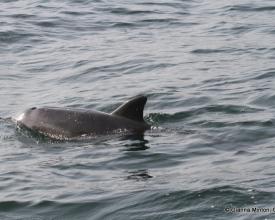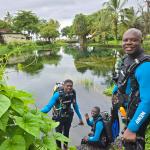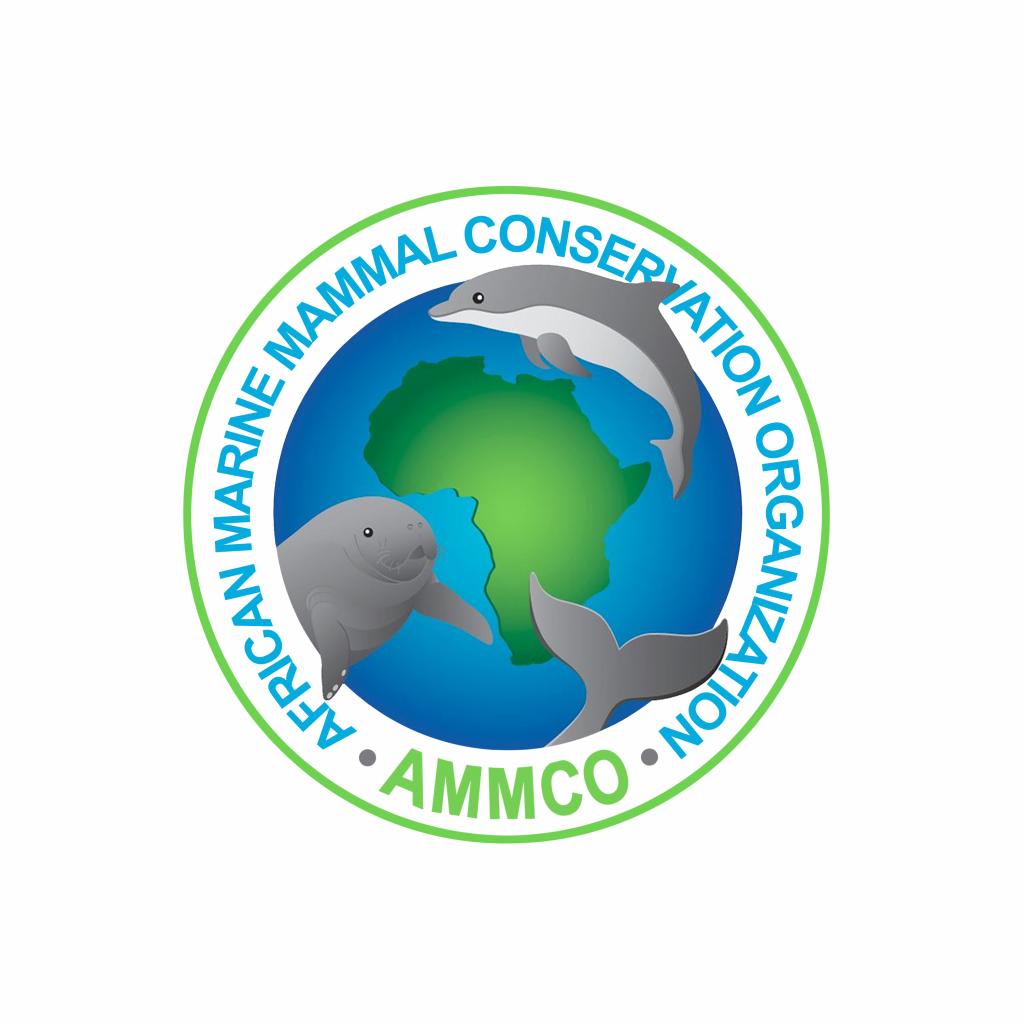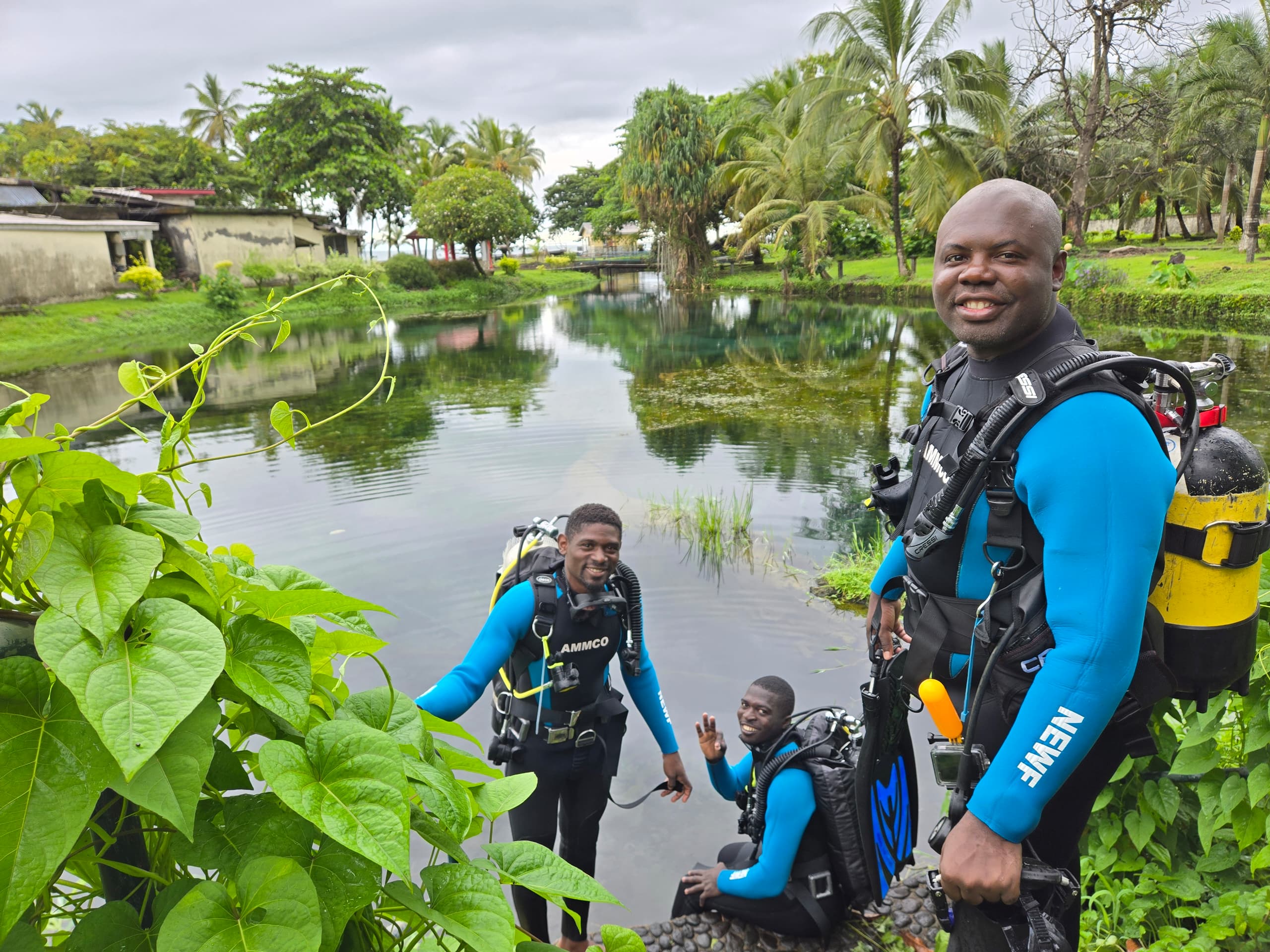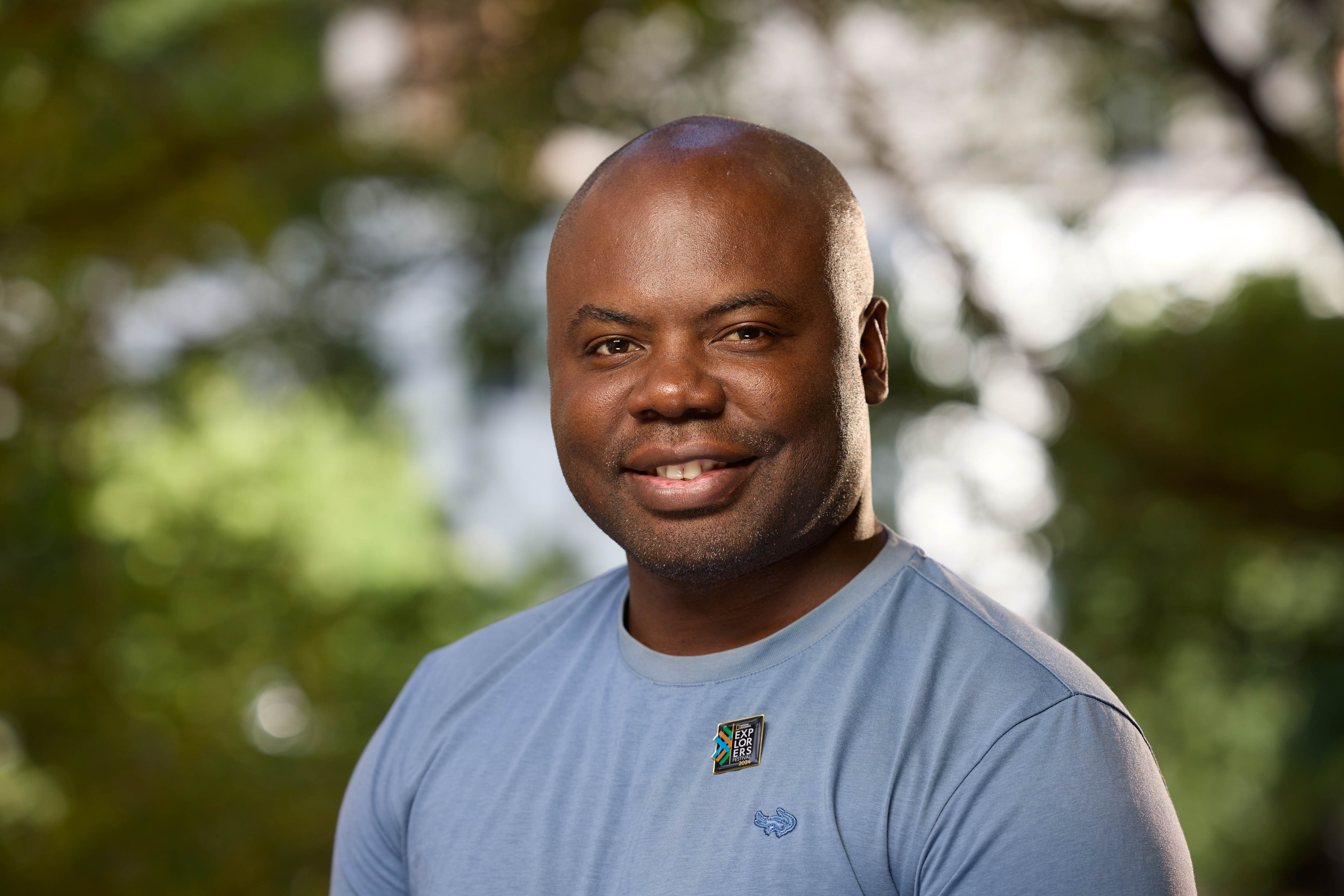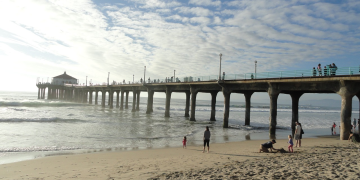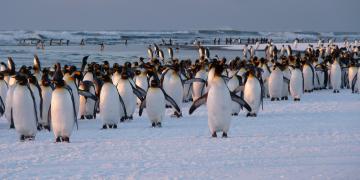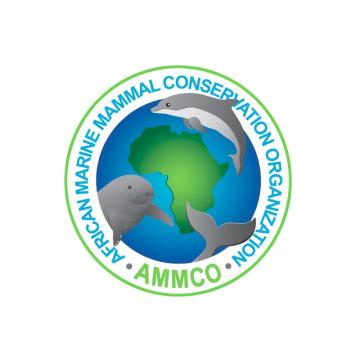
SIREN: A Mobile App and Network of Fishermen to Save Marine Wildlife in Cameroon and Beyond
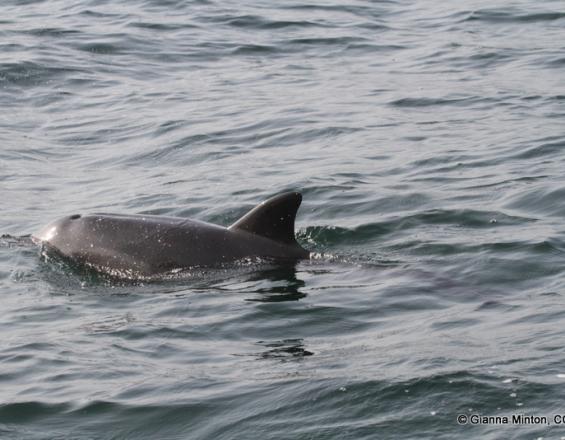
In Cameroon and other resource-limited countries, marine wildlide data relies heavily on anecdotal reports and one-off surveys, leading to substantial knowledge gaps that hinder effective conservation efforts. The scarcity of scientific expertise, combined with the high cost of dedicated boat surveys, presents a significant barrier to marine wildlife research and conservation.
Fishers and marine species share habitats and resources on a daily basis, creating potential for fishers to act as citizen scientists. We established a network of over 80 fishers who regularly report marine wildlife sightings using a Smartphone App, SIREN. This user-friendly app, compatible with Android and iOS, allows fishermen to document marine mega-fauna sightings, and to capture and upload up to four photographs, along with additional information such as a description. The App automatically associates a location and date with the report, providing data that can be used to co-design conservation measures.
Tech4Nature Award
Since 2014 SIREN has documented over 20,000 observations, encompassing over 300 aquatic species. Reports include over 400 records of 13 marine mammal species, including Atlantic Humpback Dolphins (Sousa teuszii) and African manatees (Trichechus senegalensis), both threatened by poaching, habitat degradation, and accidental capture in fisheries. Data revealed two incidents of bycatch of Atlantic humpback dolphins in a part of Cameroon’s coastline where they had never been documented before. The data was used to designate four marine mammal species as fully protected in Cameroon. Fisherfolk, through their participation, have developed a greater awareness of marine mammals and the threats they face, fostering a sense of shared responsibility for their protection, with some fisherfolk becoming ambassadors of marine wildlife.
SIREN is supported by the National Sociaty, Save our Seas Foundation, Rufford Foundation
Contexte
Challenges addressed
The SIREN mobile app revolutionizes marine conservation by providing a dynamic tool for data collection and monitoring. Environmental challenges include tracking marine species, identifying critical habitats, and detecting illegal activities. SIREN addresses these by enabling real-time data entry, GPS tracking, and offline functionality, ensuring comprehensive coverage even in remote areas.
Socially, SIREN empowers local communities and fishermen by involving them in conservation efforts. The app facilitates training, enhances local engagement, and improves awareness about marine biodiversity. It also strengthens collaboration between stakeholders, promoting collective action toward sustainability.
Economically, SIREN helps optimize resource management and boosts eco-tourism by providing valuable data for decision-making. It reduces the gap between fishermen and consumers through direct market access, enhancing livelihoods and promoting sustainable fishing practices.
Emplacement
Traiter
Summary of the process
he SIREN mobile app integrates community engagement, data collection, and offline functionality to achieve conservation success. Community engagement is foundational; fishers like Papa Mensah, initially a sea turtle consumer, transformed into conservationists through SIREN. From 2016 to 2023, Mensah reported over 200 sightings of various marine turtles, inspiring over 20 fishermen in his community to join conservation efforts and rescue 40 marine turtles from bycatch and poaching.
The app’s offline functionality allows contributions from remote areas, ensuring consistent and comprehensive data collection. With only a few steps required to upload an observation, SIREN is very user-friendly, encouraging more participation. This data supports scientific research and policy-making. For instance, necropsies on stranded turtles, facilitated by SIREN, revealed significant plastic ingestion, informing conservation strategies. The government has used SIREN data to protect four marine mammal species, showcasing the app’s impact on policy and conservation. The integration of these components fosters a collaborative approach, driving successful conservation outcomes and community empowerment.
Building Blocks
Citizen science network
A network of fishermen who are using the SIREN mobile app
Impacts
Since 2014, SIREN has documented over 30,000 observations of more than 300 aquatic species. These reports include 400 records of 13 marine mammal species, like Atlantic Humpback Dolphins and African manatees. This data led to the protection of four marine mammal species in Cameroon. Fisherfolk now have greater awareness of marine mammals and many have become conservation ambassadors.
In 2016, Papa Mensah, a former sea turtle consumer, joined the network and reported over 200 turtle sightings from 2016 to 2023. He helped rescue 40 turtles from bycatch and poaching and sensitized over 20 other fishermen. His son, Prince Kuko, continues his legacy, documenting and rescuing five turtles in October 2024.
Thanks to fishers like Mensah, fishers are now part of the solution. Their data helps mitigate bycatch and supports school outreach. The user-friendly app works offline, allowing easy observation uploads from remote areas. This has empowered local communities and enhanced biodiversity conservation.
Beneficiaries
SIREN has benefited local fishers, who now play a key role in marine conservation, local communities through enhanced environmental awareness, the Cameroon government by providing crucial data for marine protection policies, and marine species.
Additionally, explain the scalability potential of your Solution. Can it be replicated or expanded to other regions or ecosystem?
SIREN’s scalability potential is significant. The app’s flexible design allows it to be adapted for various regions and ecosystems, facilitating data collection in different environmental contexts. The successful use of SIREN in Cameroon, where it has helped develop a comprehensive catalog of marine species, including sharks and rays, demonstrates its effectiveness. Currently, the app is used in 10 African countries, from Senegal to Congo, thanks to a recent grant from the National Geographic Society, which aims to expand its use further. This model can be replicated in other regions, fostering community involvement in wildlife conservation, enhancing data collection, and aiding in the protection of diverse marine and terrestrial ecosystems globally.
Global Biodiversity Framework (GBF)
Sustainable Development Goals
Story
In 2016, Papa Mensah, a fisherman from the coastal community of Campo, Cameroon, was known for collecting sea turtle eggs and capturing bycatch for sale. His practices, common among local fishers, contributed to the decline of marine turtle populations. However, everything changed when he became part of the SIREN network. Through the app, Papa Mensah learned about the critical role sea turtles play in maintaining healthy marine ecosystems and the threats they face from poaching and habitat destruction.
With the help of SIREN, Papa Mensah began reporting his observations of marine turtles, including sightings of nesting females, tracks, and bycatch. Over the next seven years, he reported over 200 sightings, spanning four species of marine turtles, including the endangered leatherback and green turtles. His active participation transformed his view of the species—from a source of income to a symbol of conservation.
Papa Mensah didn’t stop there. He shared his newfound knowledge with over 20 other fishermen in his community, inspiring them to protect marine turtles and take action against illegal practices. Together, they rescued 40 turtles from bycatch and poaching. In 2020 and 2022, he even assisted in conducting necropsies on stranded turtles, which revealed alarming amounts of plastic ingestion, confirming the increasing threat of marine pollution.
Papa Mensah's story, however, did not end with his passing in 2023. His son, Prince Kuko, a fisherman like his father, has taken up the mantle of sea turtle protection. In October 2024, Prince led the rescue of five marine turtles, continuing his father’s legacy and furthering the conservation work initiated through SIREN.
Papa Mensah’s transformation—from a poacher to a protector—illustrates the profound impact of the SIREN app on individuals, communities, and marine conservation. The app not only empowered him to change his practices but also enabled a ripple effect that inspired others and contributed valuable data that informed local and national conservation strategies. This story highlights the power of technology in conservation and the potential for local communities to play a pivotal role in safeguarding biodiversity.

